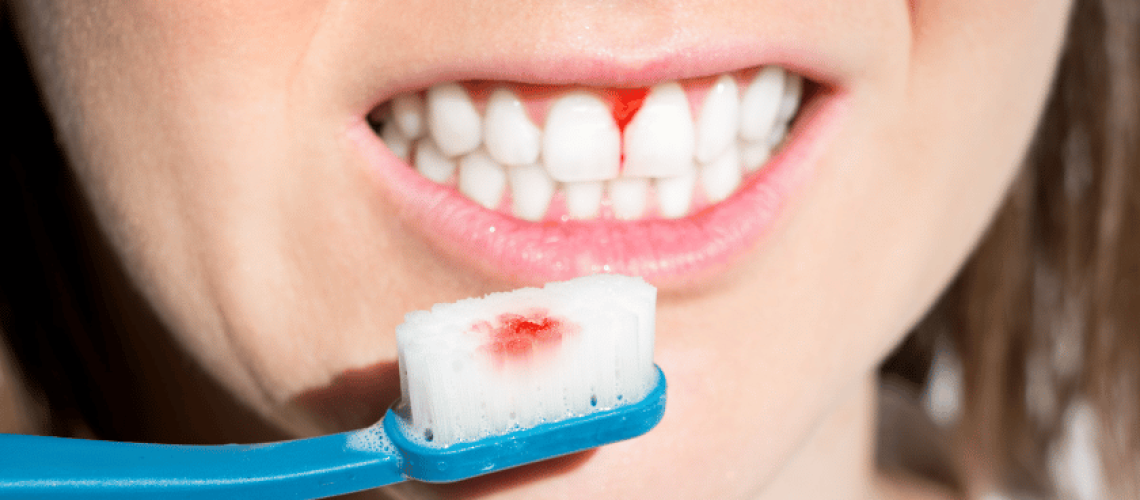Keeping our teeth healthy is essential for maintaining good overall oral health. But unfortunately, periodontal disease can often creep up on us without us noticing. This article will cover periodontal disease and how to avoid it. Read on to learn more about why you need to be aware of this common dental condition!
What Is Periodontal Disease?
Periodontal disease, also known as gum disease, is a serious infection of the gums and tissues that support your teeth. It is a leading cause of tooth loss in adults. Periodontal disease is caused by plaque, a sticky film of bacteria that forms on your teeth. Plaque irritates your gums and causes them to bleed. If plaque is not removed, it hardens into tartar (calculus). Tartar spreads below the gum line, making it difficult to clean your teeth properly. The bacteria in plaque and tartar release toxins that damage the gums and bone supporting the teeth. Periodontal disease is classified into two stages: gingivitis and periodontitis. Gingivitis is a mild gum disease that causes gums redness, swelling, and bleeding. Periodontitis is a more severe form of gum disease that can lead to tooth loss if left untreated.
Symptoms of Periodontal Disease
Periodontal disease is a serious infection of the gums and bones that support your teeth. It is the leading cause of tooth loss in adults and can lead to other health problems. Bacteria cause periodontal disease in plaque, the sticky film that constantly forms on your teeth. Plaque is made up of food debris, saliva, and bacteria. If plaque is not removed, it can harden into calculus (tartar). Calculus can only be removed with a professional dental cleaning.
The early stage of periodontal disease is gingivitis, which causes gums redness, swelling, and bleeding. Gingivitis is reversible with proper oral hygiene and professional dental care. If gingivitis is not treated, it can progress to periodontitis. Periodontitis destroys the gum tissue and bone that support your teeth. This can lead to tooth loss.
Symptoms of periodontal disease include:
-Swollen or puffy gums
-Gums that bleed easily when brushed or flossed
-Persistent bad breath
-Receding gums
-Loose teeth
Types of Periodontal Disease
Periodontal disease is an infection of the gums that can progress to affect the bone supporting the teeth. Periodontal disease is caused by plaque, a sticky film of bacteria that forms on teeth. If plaque is not removed, it can harden and turn into tartar. Tartar promotes the growth of bacteria and irritates the gums, causing them to become red and swollen and to bleed easily. If left untreated, periodontal disease can destroy the gums and bone supporting the teeth, eventually leading to tooth loss.
There are two types of periodontal disease: gingivitis and periodontitis. Gingivitis is a mild gum disease that causes gums to become red, swollen, and bleed easily. Gingivitis is reversible with good oral hygiene. Periodontitis is a more severe form of gum disease that can damage the bone supporting the teeth and eventually lead to tooth loss.
Prevention and Treatment of Periodontal Diseases
Prevention and treatment of periodontal diseases start with good oral hygiene. This means brushing your teeth twice daily, flossing daily, and using an antibacterial mouthwash. If you have diabetes, you should also take extra care to control your blood sugar levels.
If you already have periodontal disease, your dentist may recommend more frequent cleanings, special mouthwashes, toothpaste, or antibiotics. In severe cases, surgery may be necessary to remove the diseased tissue and bone.
How to Maintain Oral Hygiene and Prevent Periodontal Disease
To maintain oral hygiene and prevent periodontal disease, it is essential to brush your teeth twice a day with a soft-bristled toothbrush. You should also floss daily and use an antibacterial mouthwash to help reduce plaque buildup. It is also essential to see your dentist regularly for professional cleanings and checkups.
Conclusion
Periodontal disease is a serious condition that can cause severe tooth and gum damage if left untreated. It’s essential to ensure you know the signs of periodontal disease to catch it early on and start treatment. Regular visits to your dentist, along with daily brushing and flossing, will help ensure that your teeth stay healthy for years to come. Taking good care of your teeth today will help prevent periodontal disease from developing later in life!
FAQ
What is periodontal disease?
Periodontal disease is a gum disease affecting the gums and supporting tissues around the teeth. It can cause bad breath, chronic inflammation, and tooth loss.
Are you interested in knowing more about periodontal disease?
Periodontitis is a gum infection that can lead to bone loss and tooth loss. It’s a common condition for adults but can also affect children. If you’re worried that you or your child may have periodontitis, talk to us about how we can help remove the threat of this disease from your life.

